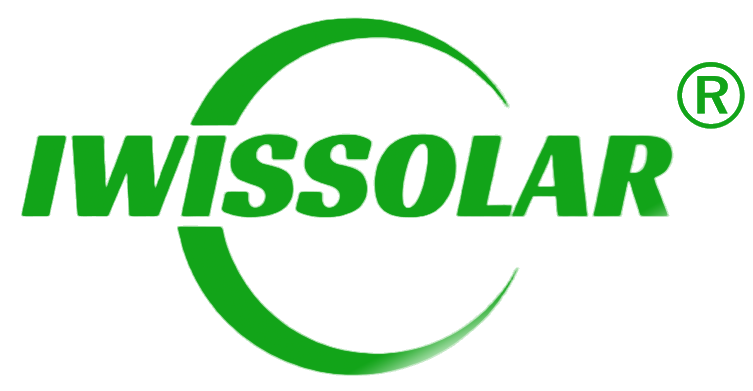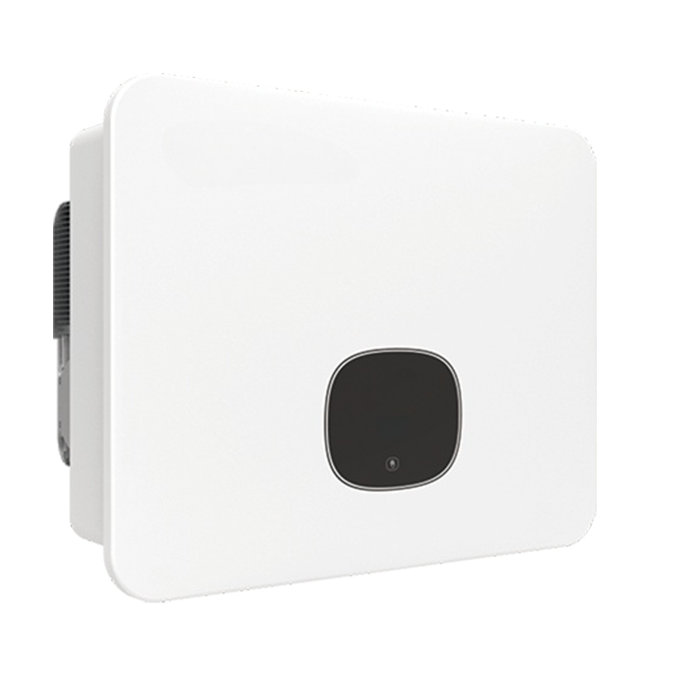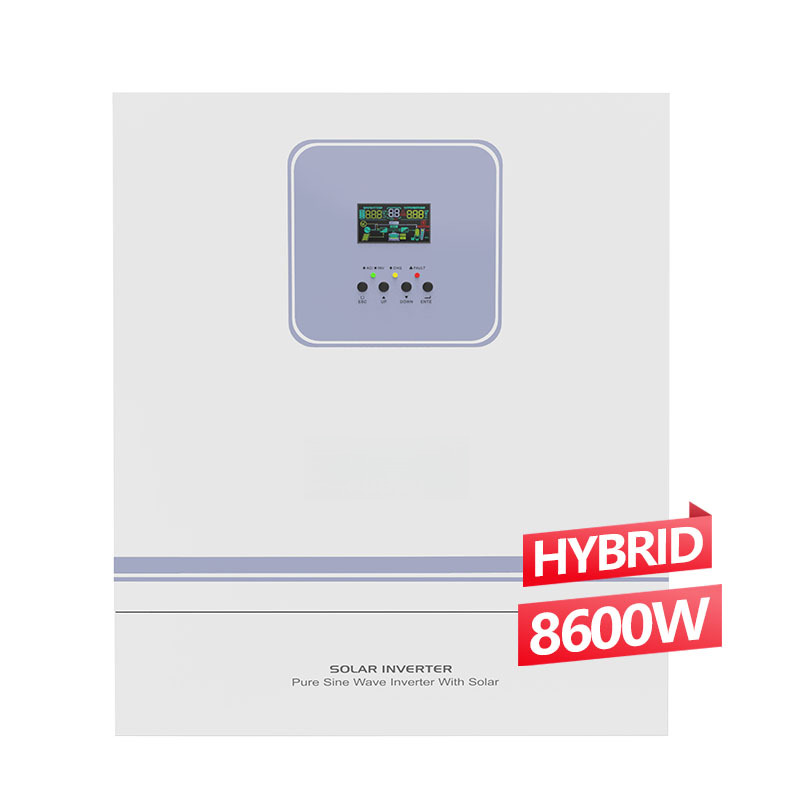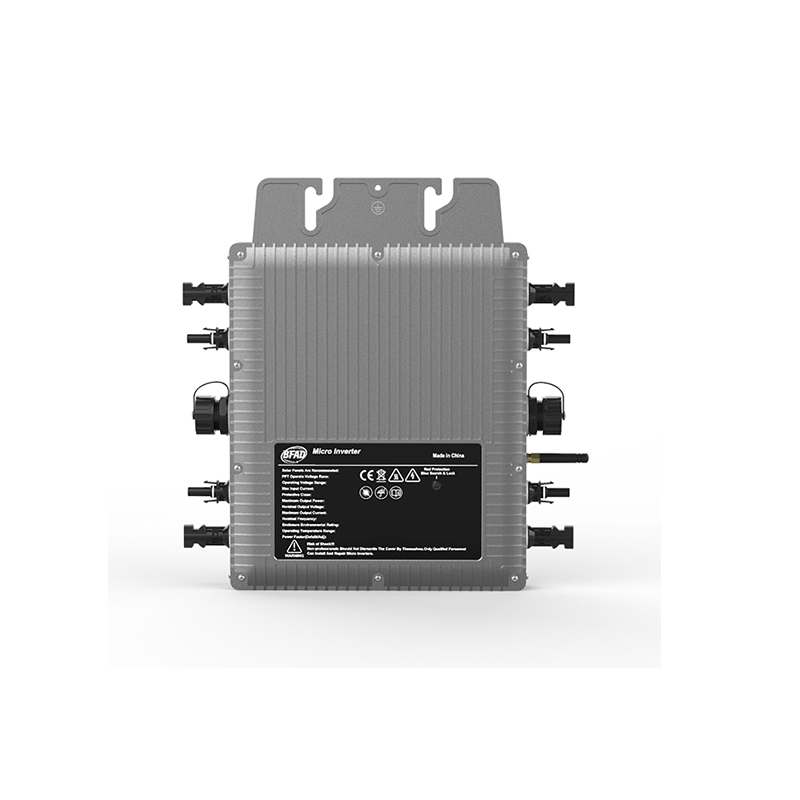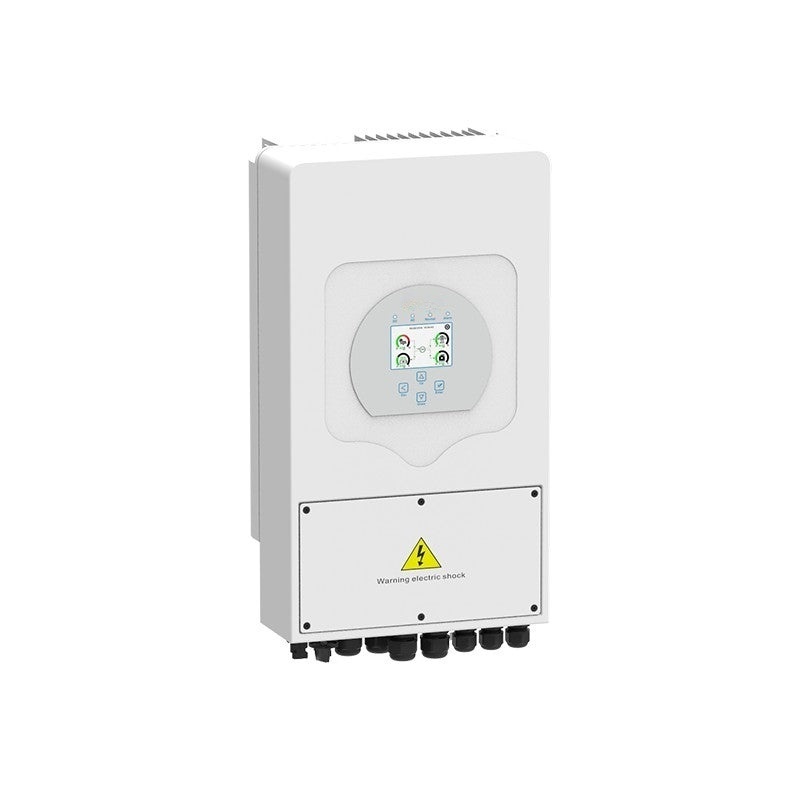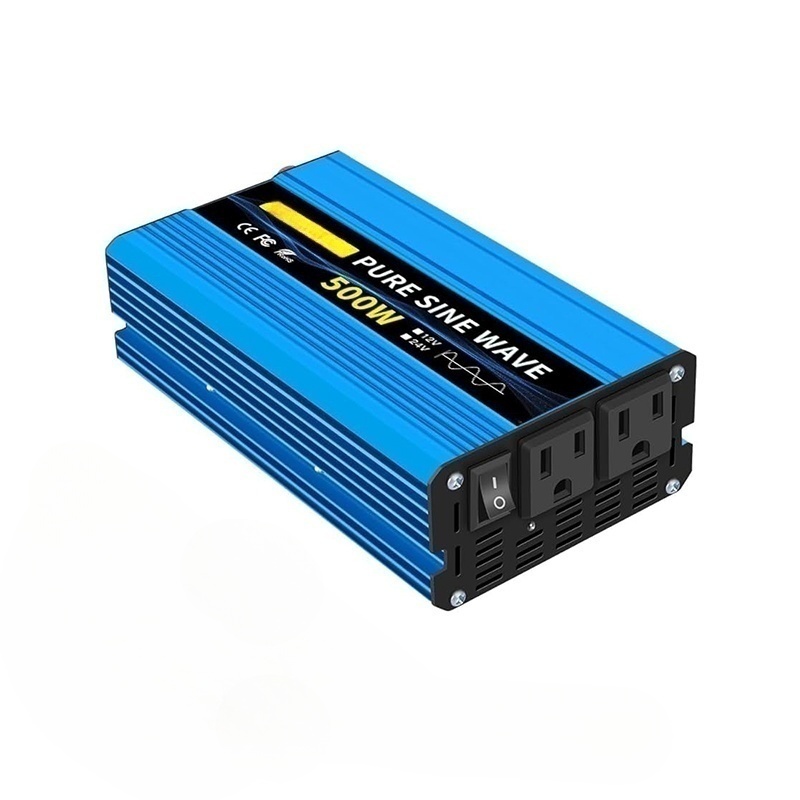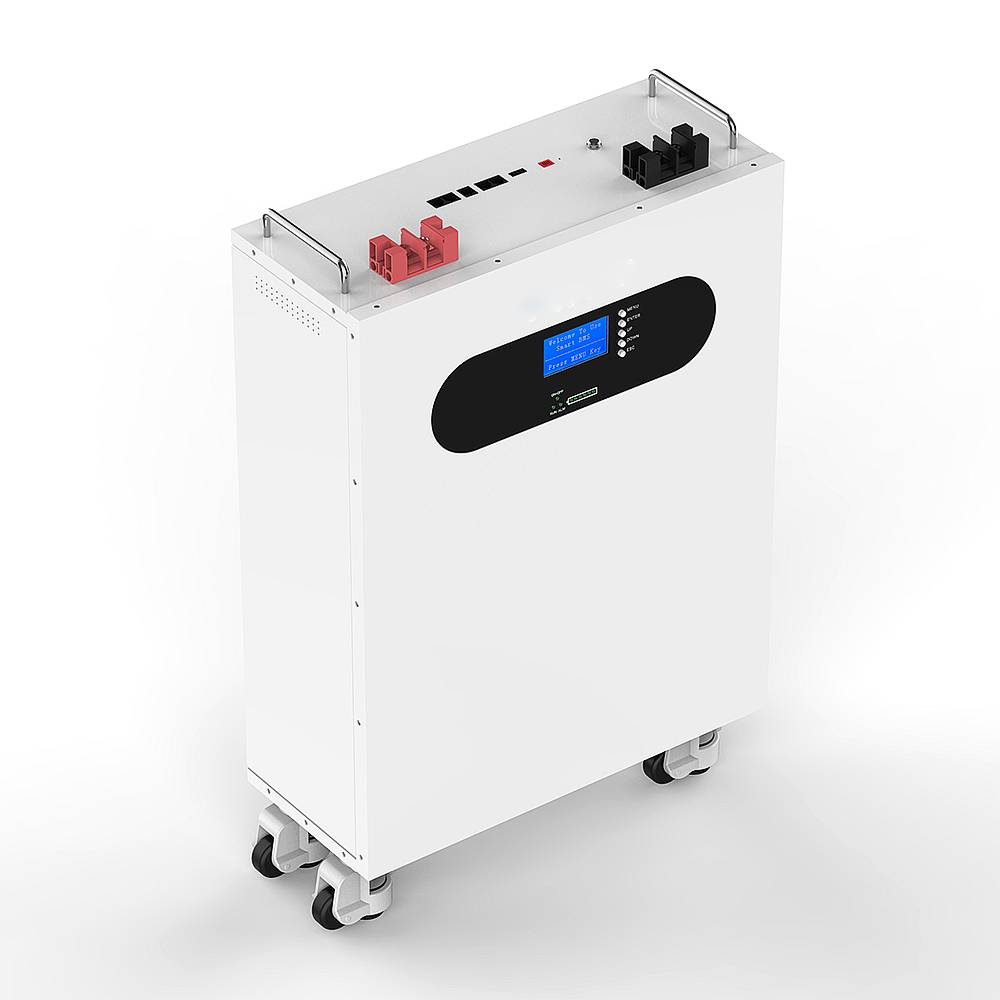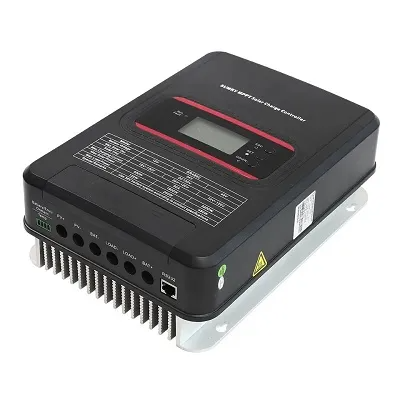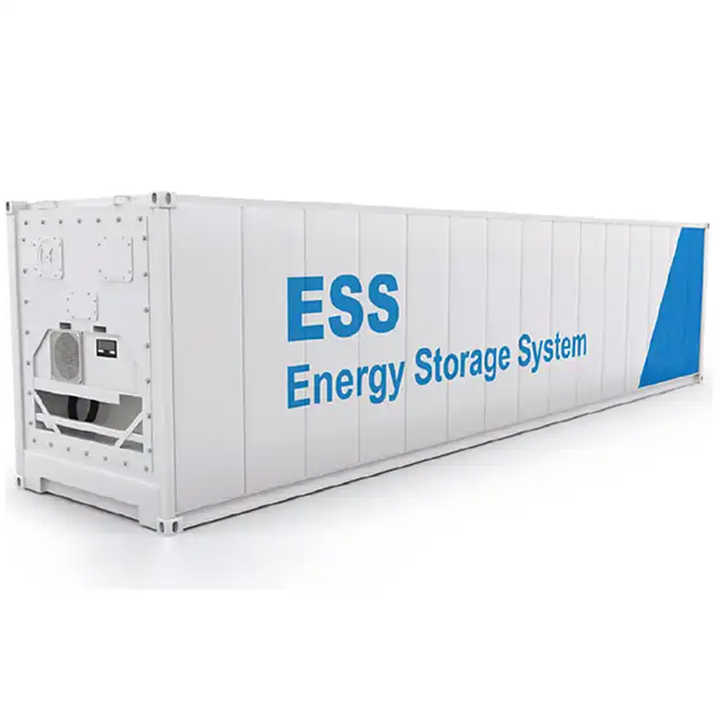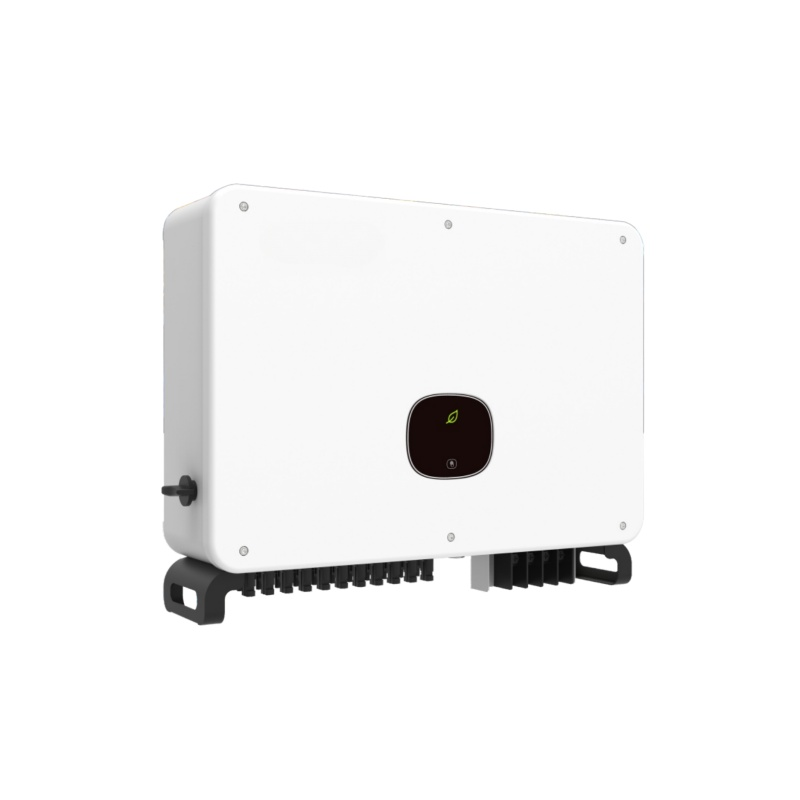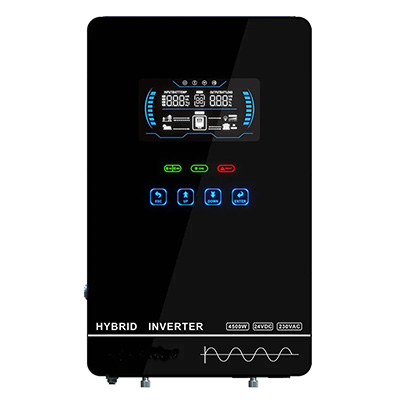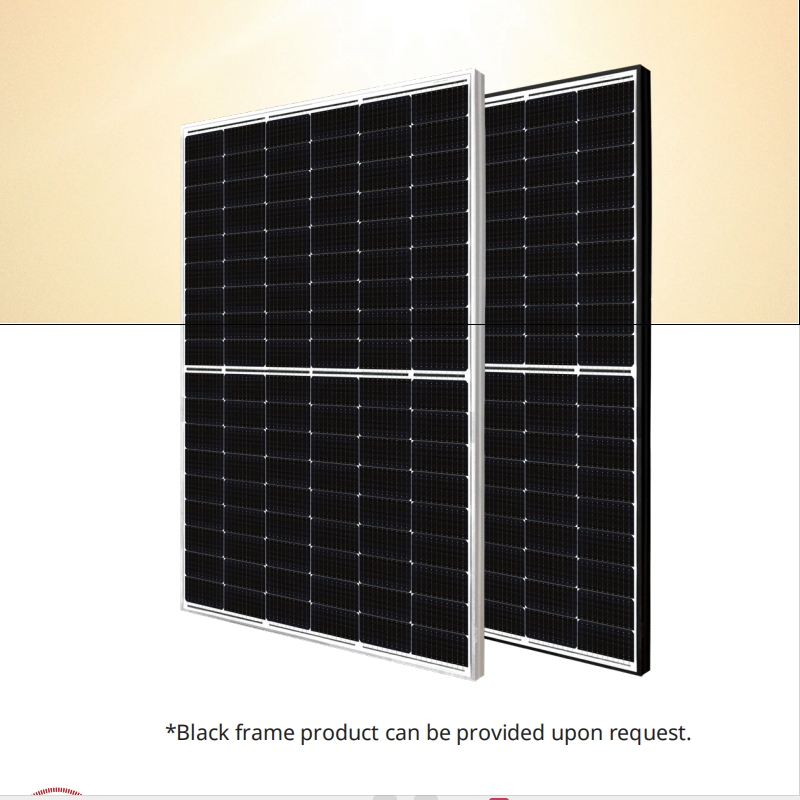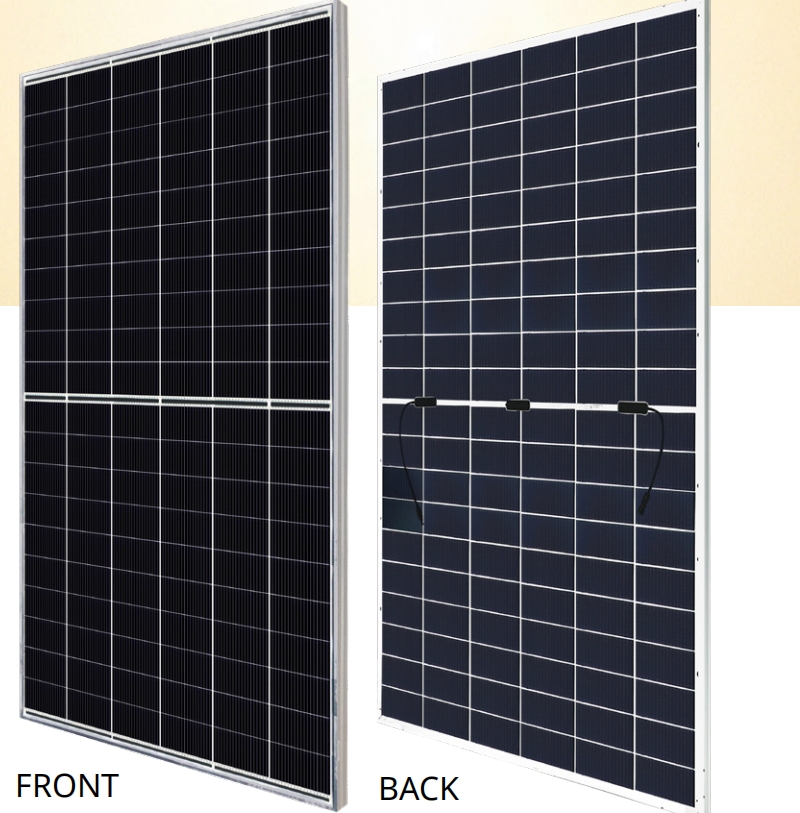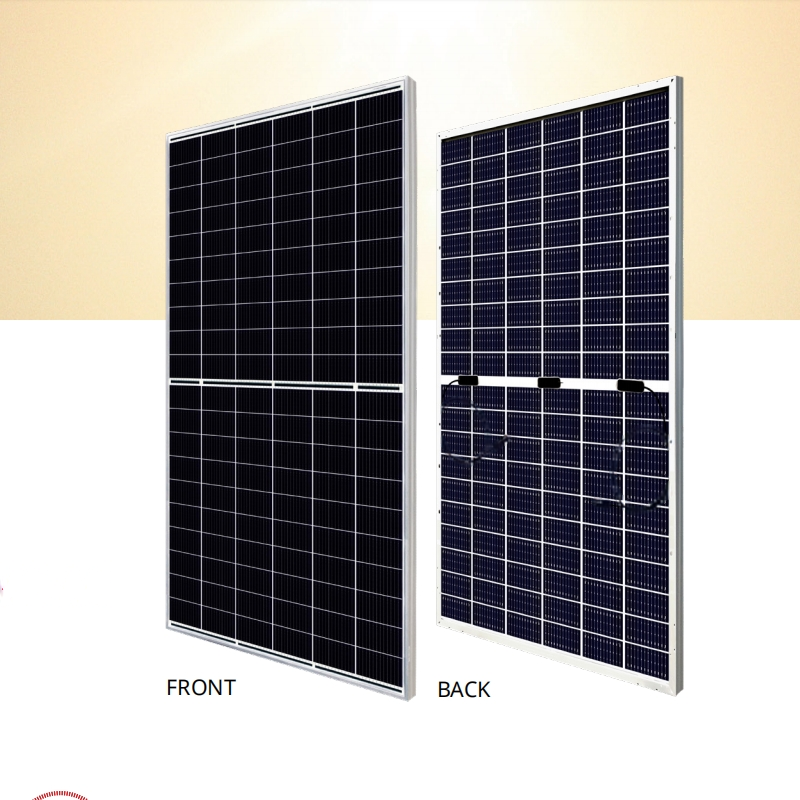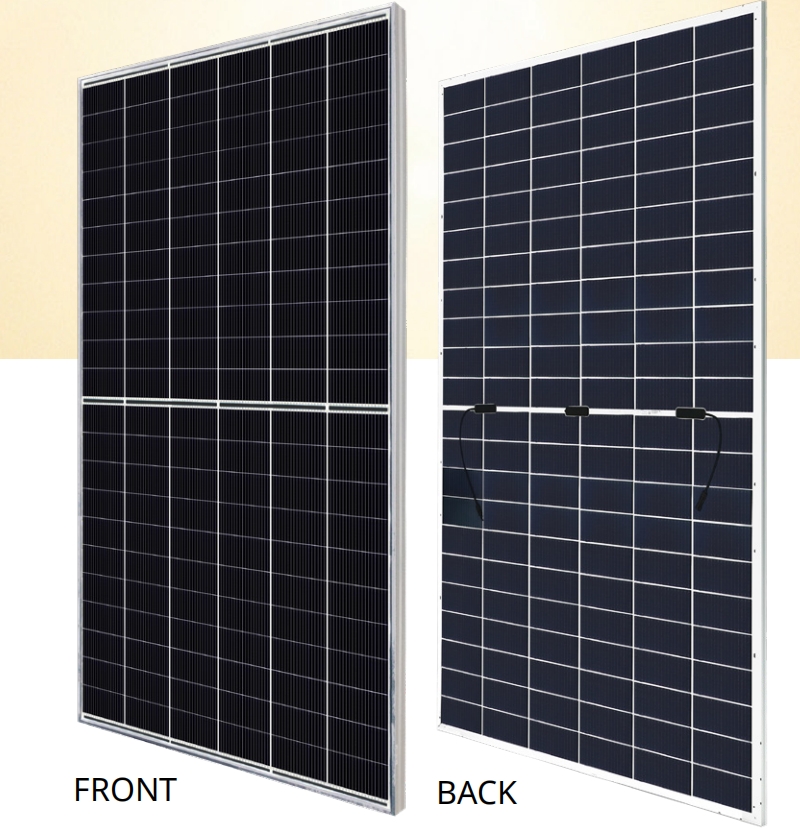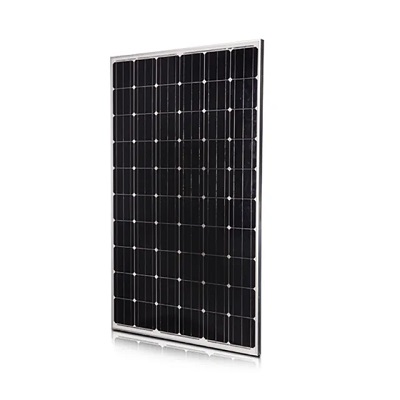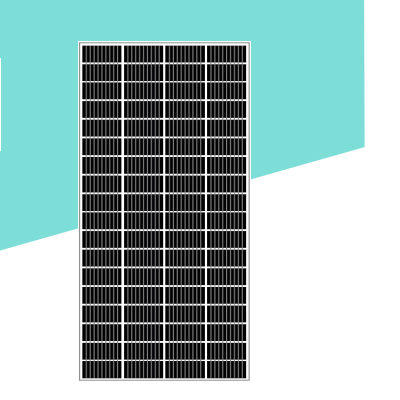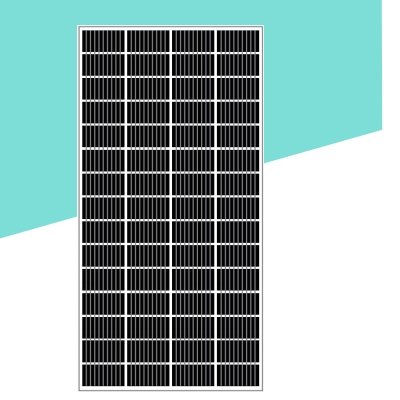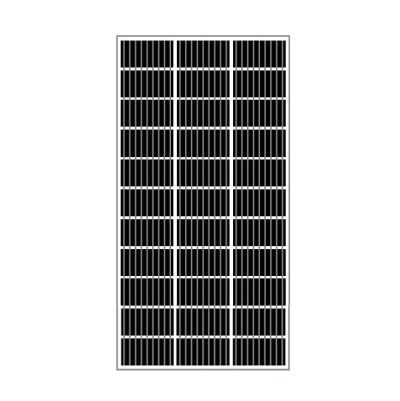Certified Solar Inverter Manufacturers: Why ISO and TUV Marks Matter
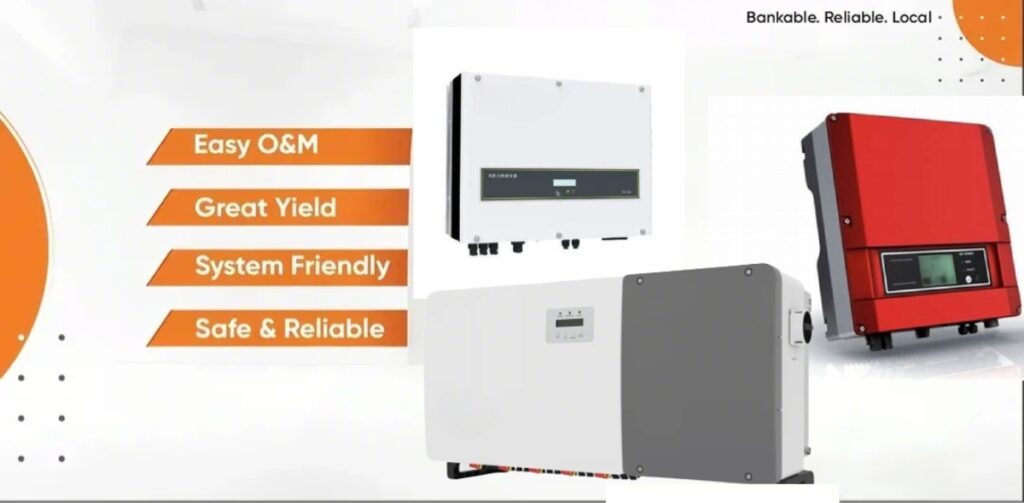
As the global shift toward renewable energy accelerates, solar power has solidified its position as a cornerstone of sustainable electricity generation. Central to every solar power system is the solar inverter—a sophisticated device responsible for converting the direct current (DC) electricity generated by solar panels into alternating current (AC) electricity suitable for homes, businesses, and industrial applications. With the rising demand for solar solutions, the market is flooded with inverter options, but not all are created equal. Quality, reliability, and safety can differ dramatically depending on the manufacturer, making it essential to prioritize certified solar inverter manufacturers. Among the most respected certifications in the industry are ISO and TUV, which serve as gold standards for excellence.
In this in-depth guide, we’ll explore why ISO and TUV certifications are critical when selecting a solar inverter manufacturer. We’ll break down what these certifications mean, their significance in ensuring quality and safety, and how they influence your decision-making process. This article will provide homeowners, business owners, and solar professionals with the knowledge needed to choose reliable, high-performing inverters. From understanding the technical aspects of certifications to examining real-world benefits and global impacts, we’ll cover it all—ensuring you’re equipped to make an informed investment in solar technology.
Part 1. Iwis Solar Manufacturers in China
Custom Solar Products For Your Industries
Part 2.What Are ISO and TUV Certifications?
To appreciate the value of certified solar inverter manufacturers, it’s essential to first understand what ISO and TUV certifications represent and why they’re benchmarks in the renewable energy sector.
ISO Certification: A Global Standard for Excellence
The International Organization for Standardization (ISO) is an independent, international body that establishes standards across industries to ensure quality, safety, and efficiency. For solar inverter manufacturers, ISO certifications signify a commitment to structured, high-standard processes. The most relevant ISO certifications include:
- ISO 9001: Focused on quality management systems, this certification ensures that a manufacturer consistently delivers products meeting customer expectations and regulatory requirements. It covers everything from design to production and customer service.
- ISO 14001: This standard addresses environmental management, requiring manufacturers to minimize their ecological footprint through sustainable practices like energy-efficient production and waste reduction.
- ISO 45001: Centered on occupational health and safety, this certification ensures safe working conditions, reducing risks during manufacturing processes.
A manufacturer with ISO certifications demonstrates a holistic dedication to operational excellence, benefiting both the end user and the environment.
TUV Certification: Rigorous Testing for Safety and Performance
TUV (Technischer Überwachungsverein), a German-based organization, is renowned for its stringent testing, inspection, and certification services. In the solar industry, TUV certifications are synonymous with reliability and safety. For solar inverters, TUV assessments typically evaluate:
- Product Safety: Compliance with standards like IEC 62109, which ensures inverters are safe for photovoltaic systems by mitigating risks such as electrical shocks or fires.
- Performance: Adherence to efficiency standards like IEC 61683, verifying that inverters convert energy effectively under diverse conditions.
- Grid Compliance: Alignment with grid connection regulations, such as EN 50549 (Europe) or IEEE 1547 (USA), ensuring inverters integrate seamlessly with public electricity networks.
TUV’s third-party validation offers an unbiased assurance that a solar inverter meets rigorous global standards, making it a trusted mark for consumers and installers alike.
Part 3. Why ISO and TUV Certifications Matter for Solar Inverters
Certifications aren’t just badges—they’re assurances of quality, safety, and performance. Here’s why ISO and TUV marks are non-negotiable when choosing a solar inverter manufacturer.
1. Assurance of Quality and Consistency
ISO 9001 certification guarantees that a manufacturer has a robust quality management system, ensuring every inverter is produced with precision and consistency. From sourcing high-grade components to conducting thorough testing, certified manufacturers minimize defects and deliver reliable products. For consumers, this means fewer headaches and a higher return on investment.
TUV certification complements this by subjecting inverters to exhaustive performance tests. An inverter that passes TUV scrutiny is proven to maintain efficiency and durability, reducing the likelihood of premature failure or energy loss.
2. Enhanced Safety for Users and Installers
Solar inverters handle significant electrical loads, making safety a top priority. TUV certifications focus heavily on safety features, including:
- Electrical Insulation: Preventing shocks or short circuits.
- Thermal Regulation: Managing heat to avoid fire hazards.
- Fault Detection: Automatically shutting down during malfunctions to protect the system and users.
ISO 45001 further ensures that the manufacturing process prioritizes worker safety, indirectly contributing to a product free from production-related flaws. Choosing a certified inverter minimizes risks in residential, commercial, or industrial settings.
3. Compliance with Regulatory and Grid Standards
In many countries, solar inverters must meet strict regulatory requirements to connect to the grid legally. TUV certifications often include grid compliance testing, ensuring inverters adhere to regional standards like EN 50549 or IEEE 1547. This is critical for grid-tied systems, as non-compliant inverters can destabilize power networks or violate local laws.
While ISO certifications don’t directly address grid standards, they reflect a manufacturer’s adherence to best practices, enhancing overall compliance reliability.
4. Long-Term Reliability and Durability
Solar inverters are a long-term investment, typically expected to last 10-15 years. ISO 14001 ensures environmental factors—like temperature extremes or humidity—are considered during design, boosting durability. TUV’s endurance testing simulates years of operation, identifying weaknesses before they become problems.
Certified inverters are built to withstand real-world challenges, reducing maintenance costs and ensuring consistent energy production over time.
5. Commitment to Environmental Responsibility
Sustainability is a core driver of solar adoption, and ISO 14001-certified manufacturers align with this ethos. By optimizing energy use, reducing waste, and sourcing materials responsibly, these companies contribute to a greener supply chain. Choosing such manufacturers amplifies the environmental benefits of your solar system.
6. Superior Warranty and Customer Support
Certified manufacturers are more likely to offer robust warranties and responsive support. ISO 9001 mandates effective customer service processes, ensuring issues are addressed promptly. TUV certification bolsters warranty credibility, as the product’s quality has been independently verified. This is invaluable for an expensive component like a solar inverter.
What Other Solar or Power Products You Want
Custom Solar Products For Your Industries
We provide custom solutions to all our customers and offer free consulting or samples that you can take advantage of.
Part 4. Real-World Examples: Certified vs. Non-Certified Manufacturers
To highlight the practical impact of certifications, let’s compare two scenarios.
Scenario 1: Opting for a Certified Manufacturer
A business owner selects an inverter from a manufacturer with ISO 9001 and TUV certifications. The results:
- Smooth Installation: The inverter arrives defect-free and integrates seamlessly.
- Safe Operation: No overheating or electrical risks emerge.
- High Efficiency: The system maximizes energy output, reducing utility bills.
- Reliable Support: A minor issue is quickly resolved under a comprehensive warranty.
The certifications ensure a hassle-free experience and long-term value.
Scenario 2: Choosing a Non-Certified Manufacturer
The same owner opts for a cheaper, non-certified inverter. The outcome:
- Installation Delays: A defect requires replacement, stalling the project.
- Safety Risks: Overheating triggers a shutdown, raising fire concerns.
- Poor Performance: Low efficiency cuts energy savings.
- Support Woes: The manufacturer offers limited help, leaving the owner stranded.
The initial savings evaporate amid repairs and lost productivity, underscoring the risks of skipping certifications.
Part 5.How to Identify Certified Solar Inverter Manufacturers
Finding certified manufacturers requires diligence. Here’s how to verify credentials:
1. Check the Manufacturer’s Website
Look for ISO and TUV logos or detailed certification pages, often under “About Us” or “Certifications.” Specific standards (e.g., ISO 9001:2015) should be listed.
2. Review Product Documentation
Certified inverters display certification marks on labels or manuals. TUV-certified products may include a certification number traceable online.
3. Use Third-Party Databases
TUV and ISO maintain searchable databases for certified entities. Cross-check claims to ensure legitimacy.
4. Consult Solar Professionals
Experienced installers prioritize certified products and can guide you toward reputable manufacturers.
Part 6. Expanding the Discussion: Additional Benefits and Insights
Beyond the basics, ISO and TUV certifications offer broader advantages worth exploring.
Global Market Influence
These certifications standardize quality across borders, enabling manufacturers to compete globally. A TUV-certified inverter from Asia matches the reliability of one from Europe, fostering trust in international trade.
Driving Technological Advancements
Certification requirements push manufacturers to innovate. Higher efficiency ratings, smarter grid integration, and advanced safety features often stem from the need to meet ISO and TUV standards.
Economic and Insurance Benefits
Certified inverters may lower insurance premiums, as they pose fewer risks. Businesses can also claim tax incentives in some regions by using compliant, high-quality equipment.
Consumer Empowerment
Certifications educate consumers, enabling informed choices. In a crowded market, ISO and TUV marks cut through the noise, highlighting manufacturers worth considering.
Part 7. Addressing Misconceptions About Certifications
Let’s debunk common myths to clarify their role:
1. “Certifications Guarantee Flawless Products”
Certifications set a high bar but don’t eliminate all risks. Pair them with reviews and warranties for a fuller picture.
2. “Non-Certified Inverters Are Always Subpar”
Some uncertified products perform well, but without verification, quality is a gamble. Certifications reduce uncertainty.
3. “All Certifications Are the Same”
A generic certification differs from a specific standard like TUV IEC 62109. Focus on relevance to solar inverters.
Part 8. Conclusion: Investing in Certified Solar Inverter Manufacturers
Choosing a solar inverter is a pivotal decision in your renewable energy journey. ISO and TUV certifications distinguish manufacturers committed to quality, safety, and sustainability, offering peace of mind and tangible benefits. From ensuring consistent performance to supporting a greener planet, these marks elevate the solar experience.
As you evaluate options, prioritize certified manufacturers by verifying credentials and consulting experts. In a market brimming with choices, ISO and TUV certifications are your compass, guiding you toward reliable, future-proof solar solutions. Invest wisely—let certified inverters power your sustainable tomorrow.
Custom Solar Products For Your Industries
We provide custom solutions to all our customers and offer free consulting or samples that you can take advantage of.
